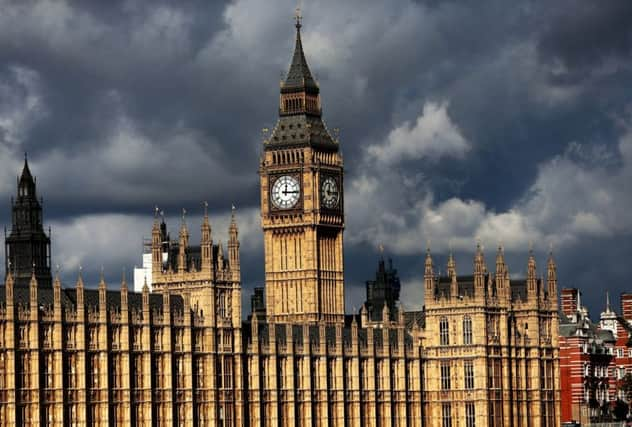Britain’s new Prime Minister must suspend the ‘draconian’ loan charge, say MPs


The All-Party Parliamentary Group on the Loan Charge (APPG) claims that the charge is retrospective, overrides taxpayer protections and poses a “known suicide risk”.
The group said on Twitter: “We hope that whoever becomes the next Prime Minister will listen to the clear will of Parliament and announce an immediate loan charge delay and an independent review into the controversial loan charge. The future for thousands of families depends on this.”
Advertisement
Hide AdAdvertisement
Hide AdWorkers from a wide range of professions - including locum doctors and nurses - have been hit with unexpected tax bills of up to tens of thousands of pounds dating back to 1999.
The APPG’s report into the loan charge states: “In the vast majority of cases examined, these arrangements were not entered as aggressive tax avoidance, but after professional advice. A substantial number of people, especially in the public sector, did not even understand their pay involved loan payments.”
More than 170 MPs - including 65 Conservatives - have signed a letter calling for a suspension and a review of the loan charge.
A Treasury spokesperson said: “The loan charge means that people who paid themselves through loans, often from offshore trusts, will have to contribute their fair share to pay for our public services.
Advertisement
Hide AdAdvertisement
Hide Ad“As set out in our recent report, we are committed to providing affordable payment arrangements and the enhanced support some customers may need.”
HMRC carried out extensive compliance activity against disguised remuneration schemes, and scheme users, since they were first used, the Treasury said.
This included opening tens of thousands of enquiries into schemes, introducing targeted anti-avoidance legislation in 2011, and agreeing settlements.
The Treasury statement added: “Despite this, it was clear by Budget 2016 that these schemes continued to proliferate. That is why legislation was announced in 2016, three years before coming into effect.
Advertisement
Hide AdAdvertisement
Hide Ad“People who have used loan schemes can repay their outstanding loan in full, agree a settlement with HMRC, potentially over a number of years, or pay the loan charge as part of their 2018-19 tax liability through their self assessment return.”